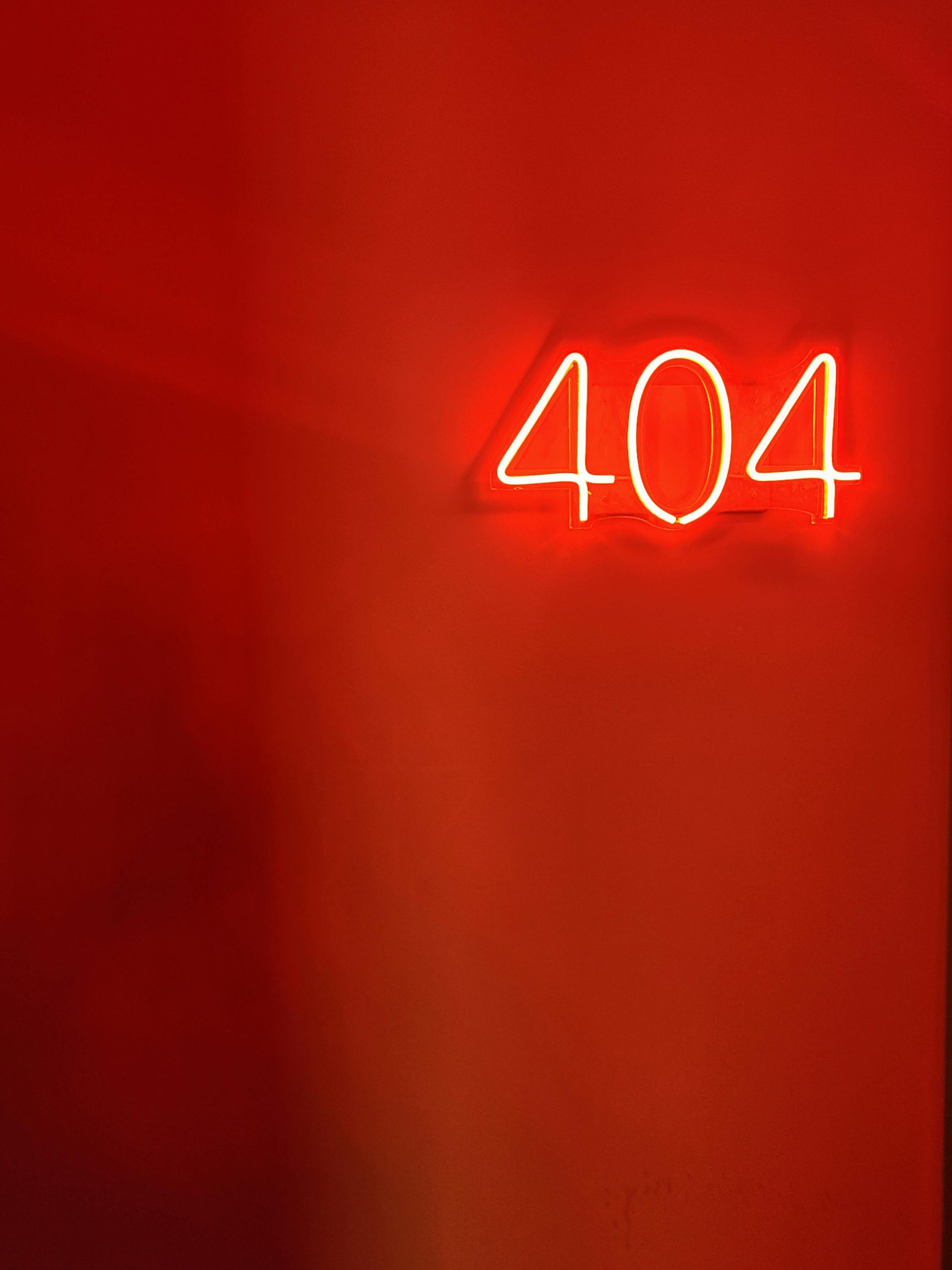Understanding the Impact of 404 Inbound Links on SEO and AI Visibility
In the ever-evolving landscape of digital marketing and search engine optimization (SEO), maintaining a healthy website structure is paramount. Recently, a common issue surfaced: approximately 3,500 inbound links are resulting in 404 errors due to page modifications or removals. This situation raises important questions about the potential repercussions on site authority, user experience, and emerging technologies like AI-driven content referencing.
The Challenge of Broken Inbound links
Inbound links, or backlinks, are a cornerstone of SEO strategy, signaling to search engines that your website offers valuable content. When these links lead to non-existent pages—commonly known as 404 errors—they can hinder the overall link equity transfer, potentially impacting your site’s rankings.
Over time, URLs may change, pages may be removed, or content may be restructured. These adjustments can result in thousands of broken inbound links if not properly managed. While Google and other search engines can often detect and handle minor 404s, a large volume like 3,500 broken links warrants a strategic approach.
The Impact on Search Engine Visibility and AI Referencing
One might wonder: How significantly do these issues affect modern SEO and AI-driven content referencing? Recent observations suggest that while a handful of broken links may have negligible effects, a large scale of 404 errors can:
- Dilute Site Authority: Redirecting link equity away from valuable pages, diminishing overall authority.
- Reduce Crawl Efficiency: Search engines spend unnecessary resources crawling dead links, potentially neglecting fresh or more relevant content.
- Affect User Experience: Visitors encountering multiple 404 pages may leave your site prematurely, increasing bounce rates.
However, the influence on AI systems, including language models like ChatGPT that reference web content, is less direct. AI models rely on training data and specific APIs rather than live web crawling. Nonetheless, ensuring your website’s structural integrity remains vital for authenticating and updating references, especially if your content is integrated into AI training datasets or knowledge bases.
Strategies for Managing and Mitigating 404 Errors
To safeguard your SEO and maintain a robust web presence, consider the following steps:
- Audit Your Backlink Profile: Use tools like Ahrefs, SEMrush, or Google Search Console to identify and analyze all inbound links leading to your site.
- Implement Redirects: Set up 301 redirects from broken URLs to relevant, existing pages to preserve link equity.
3

